CRM Solutions, Business Software
Unlocking Business Potential: A Comprehensive Guide to Salesforce CRM
Introduction to Salesforce CRM
Table of Contents
- 1 Introduction to Salesforce CRM
- 2 Key Features and Capabilities of Salesforce CRM
- 3 The Benefits of Using Salesforce CRM
- 4 Consequences of Not Using Salesforce CRM
- 5 Who Should Use Salesforce CRM?
- 6 How Salesforce CRM Helps Businesses Grow
- 7 Integrations: Expanding the Power of Salesforce CRM
- 8 Implementing Salesforce CRM: Best Practices
- 9 Conclusion and Future of Salesforce CRM
Salesforce CRM, or Customer Relationship Management, is a powerful software platform designed to help businesses manage their relationships with customers and streamline their sales processes. It serves as a centralized hub for organizing client information, tracking interactions, and managing sales pipelines. In an increasingly competitive market, the importance of effective customer management cannot be overstated; organizations must harness innovative tools such as Salesforce to maintain and grow customer satisfaction.
The core function of Salesforce CRM is to enhance the ability of businesses to engage effectively with their customers. By consolidating customer data in one location, it allows for easy access to vital insights and information. This capability is particularly significant in modern business environments where customer experience is a key differentiator. Salesforce empowers organizations to understand customer needs and preferences, enabling personalized interactions that can lead to improved customer loyalty and retention.
Moreover, Salesforce CRM offers a suite of features that streamline sales processes, facilitate collaboration among teams, and enhance communication with clients. It provides tools for lead and opportunity management, forecasting, and reporting, making it easier for sales professionals to track their performance and achieve their targets. Through automation of routine tasks, businesses can redirect resources towards strategic activities that contribute to growth and success.
In essence, Salesforce CRM is not just a tool; it is a comprehensive platform that transforms the way businesses interact with their customers. By utilizing Salesforce, organizations can capitalize on data-driven insights, fostering a culture of informed decision-making and agility. As businesses strive to unlock their full potential, the adoption of Salesforce CRM becomes a pivotal step toward achieving long-term success in the ever-evolving landscape of customer relationship management.

Key Features and Capabilities of Salesforce CRM
Salesforce CRM offers a robust suite of features designed to enhance business efficiency and improve customer engagement. One of the core components of Salesforce is its advanced lead management system. This feature enables organizations to capture, track, and nurture leads through a streamlined process. With customizable workflows and automated lead scoring, businesses can prioritize prospects effectively, ensuring that the sales teams focus their efforts on the most promising opportunities.
Another critical feature of Salesforce CRM is sales forecasting. This tool allows businesses to analyze historical data and market trends to predict future sales performance accurately. By leveraging these insights, organizations can make informed decisions regarding resource allocation and strategic planning. The integration of artificial intelligence enhances the forecasting capabilities, providing predictive analytics that guide sales representatives toward effective strategies.
Real-time reporting is another standout capability of Salesforce CRM. This feature provides instant access to crucial business metrics and performance indicators. By generating customizable reports and dashboards, companies can monitor their key performance indicators (KPIs) and make data-driven decisions quickly. This accessibility to real-time analytics empowers teams to respond proactively to changes in customer behavior and market dynamics.
Furthermore, Salesforce offers various automation tools that significantly enhance operational efficiency. Automated workflows and processes reduce manual tasks, allowing employees to focus on higher-value activities. For instance, automated follow-up emails can be triggered based on customer interactions, ensuring timely engagement with clients without requiring extensive labor from staff.
In summary, the key features and capabilities of Salesforce CRM, including lead management, sales forecasting, real-time reporting, and automation tools, serve to empower businesses in enhancing their operational efficiency and improving customer engagement, leading to increased overall productivity.
The Benefits of Using Salesforce CRM
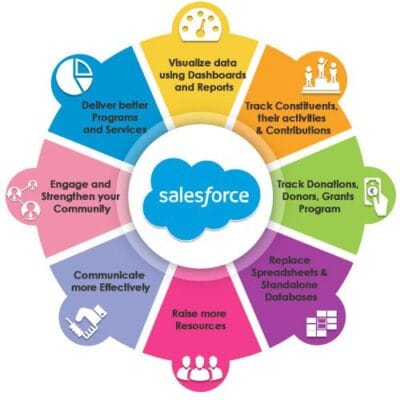 Salesforce CRM provides an array of significant benefits that cater to improving business operations and enhancing overall productivity. One of the foremost advantages is improved sales productivity. By offering streamlined processes, Salesforce allows sales teams to manage leads effectively, track opportunities, and automate repetitive tasks. This increased efficiency not only saves time but also enables sales professionals to focus more on building relationships with clients and closing deals.
Salesforce CRM provides an array of significant benefits that cater to improving business operations and enhancing overall productivity. One of the foremost advantages is improved sales productivity. By offering streamlined processes, Salesforce allows sales teams to manage leads effectively, track opportunities, and automate repetitive tasks. This increased efficiency not only saves time but also enables sales professionals to focus more on building relationships with clients and closing deals.
Additionally, Salesforce CRM equips organizations with better customer insights. With its sophisticated data analytics capabilities, businesses can collect and analyze customer data to identify trends and preferences. This rich trove of information allows companies to tailor their offerings, thereby enhancing customer satisfaction and loyalty. As a case in point, a leading retail company reported a 20% increase in customer retention rates following the initial implementation of Salesforce, demonstrating its capacity to foster stronger customer relationships.
Furthermore, the platform contributes to enhanced marketing effectiveness. By utilizing Salesforce, businesses can create personalized marketing campaigns based on data-driven insights, thereby optimizing their outreach strategies. The automation tools available within the system enable teams to deploy targeted campaigns across multiple channels, ensuring that marketing resources are utilized optimally for maximum impact.
Lastly, the potential for revenue growth cannot be overlooked. By leveraging the insights afforded by Salesforce CRM, organizations are better positioned to identify upselling and cross-selling opportunities. These capabilities combined have shown to provide a significant boost in revenue streams for many companies. For instance, in a case study involving a technology firm, the adoption of Salesforce resulted in a 35% increase in quarterly sales, attributing this growth to the actionable insights gained from the CRM system.
Consequences of Not Using Salesforce CRM
In today’s competitive business environment, failing to adopt a customer relationship management (CRM) system such as Salesforce can have significant consequences for organizations. One of the most pressing issues is the disorganization of customer data. Without a centralized system, customer information often becomes fragmented and scattered across various platforms, making it difficult for employees to access or utilize it effectively. This lack of a cohesive data structure can lead to inefficiencies and potentially, inaccuracies in customer interactions.
Moreover, companies that do not implement Salesforce CRM may face missed sales opportunities. In the absence of comprehensive data analytics and tracking tools, businesses struggle to identify trends and patterns within their customer base. As a result, they may overlook potential leads or fail to nurture existing relationships, leading to lost revenue. This disadvantage not only affects sales figures but can also hinder overall growth and market competitiveness.
Another critical factor is the lack of collaboration among team members. Without a unified platform like Salesforce, communication barriers can arise, resulting in siloed departments working independently rather than collaboratively. This fragmentation can lead to misunderstandings, duplicated efforts, and ultimately, reduced efficiency within the organization. The synergy that arises from effective communication and teamwork is vital for achieving shared business goals, particularly in sales and customer service.
Lastly, customer satisfaction is often diminished in businesses that do not leverage CRM solutions. When customer interactions are poorly managed and customer data is inaccessible, it becomes challenging to provide personalized services or respond timely to inquiries. This lack of engagement can damage a company’s reputation and lead to increased customer churn. In the long run, the consequences of neglecting a CRM system like Salesforce can profoundly impact not only internal processes but also the overall customer experience and the company’s bottom line.
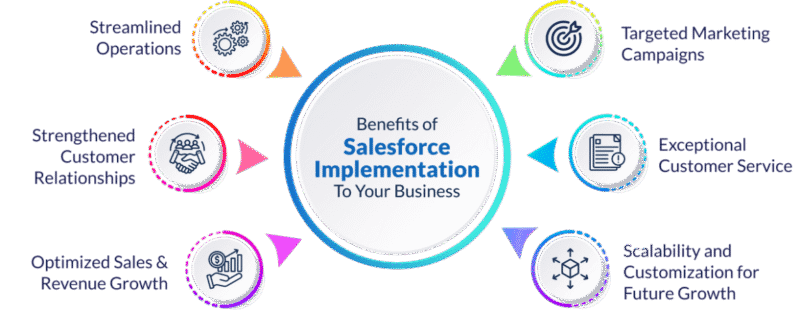
Who Should Use Salesforce CRM?
Salesforce CRM serves as a versatile tool for a diverse range of businesses, making it an essential platform for various industries and organizational sizes. Startups, small businesses, and large enterprises alike can capitalize on its functionalities to optimize operations and drive growth. For startups, Salesforce offers an affordable entry point into customer relationship management, allowing them to streamline processes and enhance customer engagement from the outset. With scalable solutions, startups can adapt the platform as they grow, ensuring that their customer management capabilities evolve in parallel with their expanding needs.
Small businesses also find Salesforce CRM particularly beneficial. The platform provides essential tools designed to improve sales tracking, customer interactions, and lead generation—key factors that can significantly influence a small company’s success. By automating routine tasks and providing in-depth analytics, small businesses can make informed decisions quickly, fostering a more agile response to market demands. The CRM features enable these businesses to efficiently manage customer relationships, enhancing overall satisfaction and loyalty.
On the other hand, large enterprises can leverage Salesforce CRM to support complex operational needs across multiple departments and geographical locations. The platform’s powerful integration capabilities allow organizations to unify their disparate systems, providing a cohesive view of customer data. This is crucial for fostering collaboration across departments, enabling more effective marketing strategies, customer service initiatives, and sales processes. Moreover, enterprise-level functionalities such as advanced analytics and artificial intelligence empower organizations to make data-driven decisions, enhancing their competitive edge in the market.
In summary, whether it’s a startup striving to make its mark, a small business looking to optimize customer interactions, or a large enterprise aiming to integrate and analyze customer data, Salesforce CRM presents a comprehensive solution tailored to meet diverse operational needs across various industries.
How Salesforce CRM Helps Businesses Grow
Salesforce CRM plays a pivotal role in transforming business operations, leading to significant growth opportunities. One of the primary ways it contributes to business success is through enhanced customer relationship management. By centralizing customer data, Salesforce enables businesses to maintain comprehensive profiles that facilitate personalized interactions. This not only improves customer satisfaction but also encourages loyalty, as clients feel valued and understood. With tools designed for tracking customer interactions, businesses can proactively address concerns and pursue upselling opportunities, ultimately fostering long-term customer relationships.
Additionally, Salesforce CRM streamlines sales processes through automation and effective pipeline management. The platform allows sales teams to prioritize leads based on engagement levels and likelihood to convert. Automated reminders and follow-ups ensure that no potential sale is overlooked. With intuitive forecasting tools, businesses can accurately predict sales trends, enabling strategic adjustments in real-time. This optimization of sales processes reduces inefficiencies, allowing sales representatives to focus on building relationships and closing deals, thus driving revenue growth.
Moreover, Salesforce CRM empowers organizations with robust data analytics that facilitate informed decision-making. The platform collects and processes vast amounts of data regarding customer behaviors, sales performance, and market trends. Equipped with actionable insights, leaders can make strategic choices that align with business objectives. This data-driven approach enables companies to target marketing efforts more effectively, refine product offerings, and identify emerging market opportunities. Consequently, businesses using Salesforce are better positioned to adapt to changing market conditions and consumer preferences, ensuring sustained growth in a competitive landscape.
Integrations: Expanding the Power of Salesforce CRM
Salesforce CRM is widely recognized for its robust suite of features, but its true potential is often realized through its extensive integration capabilities. By seamlessly connecting with various third-party applications and tools, Salesforce enhances its functionality and allows businesses to create a more cohesive ecosystem. These integrations empower organizations to streamline processes and improve efficiency across different departments.
One of the most notable areas of integration is with email marketing platforms. Solutions like Mailchimp and Constant Contact can synchronize with Salesforce, enabling businesses to manage marketing campaigns directly from the CRM interface. This integration facilitates better tracking of customer interactions and campaign effectiveness, leading to more targeted and personalized communication efforts. The ability to analyze the outcomes of email campaigns alongside customer data from Salesforce equips businesses with insights necessary for informed decision-making.
Furthermore, social media tools play a crucial role in enhancing the capabilities of Salesforce. Platforms such as Hootsuite and LinkedIn can integrate with Salesforce, allowing businesses to monitor social engagement, manage leads, and track conversions from social media campaigns within the same environment. This holistic approach to social media and customer relationship management fosters a deeper understanding of customer preferences and behaviors.
Additionally, integrating Salesforce with other software solutions, like accounting systems or customer support platforms, creates data flow efficiencies. For example, linking Salesforce with QuickBooks can synchronize financial data and CRM information, ensuring that financial records are up-to-date and accessible. This not only eliminates duplicate data entry but also enhances reporting accuracy across the organization.
In summary, the integrations available with Salesforce CRM are pivotal in expanding its power, making it an indispensable tool for businesses looking to enhance their operational capabilities. By utilizing various integrations, organizations can create a unified system that effectively supports marketing, sales, and financial management, ultimately driving growth and efficiency in their operations.
Implementing Salesforce CRM: Best Practices
Implementing Salesforce CRM effectively requires careful planning and execution. One of the most crucial steps is ensuring that your team is well-trained to utilize the platform’s features. Conducting comprehensive training sessions for employees will not only enhance their understanding of the system but also foster a culture of commitment towards utilizing the CRM system to its full potential. In addition to initial training programs, consider providing ongoing support and refreshers as the system evolves or when new features are introduced. A knowledgeable team is vital to maximizing business potential with Salesforce CRM.
Customization of the Salesforce CRM platform is another essential best practice for successful implementation. Each organization has unique needs and processes, therefore customizing Salesforce to align with your business requirements will significantly enhance user adoption and ensure that the CRM system remains relevant. Utilizing Salesforce’s robust customization options, such as custom fields, objects, and automation rules, can help tailor the system to fit the workflows that best suit your organization. By integrating your existing processes within the platform, you will facilitate smoother transitions and improve overall efficiency.
Finally, it is important to embrace a continuous improvement strategy post-implementation. Regularly assess the performance and effectiveness of the Salesforce CRM by soliciting user feedback, monitoring key performance indicators (KPIs), and analyzing user engagement. This practice will provide insights into how the system can be further optimized. Implementing periodic reviews and adjustments based on this data will enable organizations to adapt their CRM strategy proactively, ensuring that Salesforce CRM continuously meets the evolving needs of the business. By integrating these best practices, organizations can unlock the full potential of Salesforce CRM, driving growth and operational efficiency.
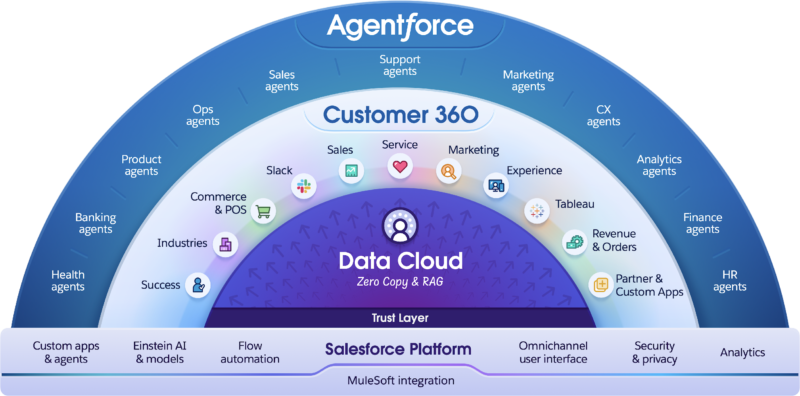
Conclusion and Future of Salesforce CRM
In summarizing the previous sections, it is evident that Salesforce CRM is a robust platform that empowers businesses to streamline their operations, enhance customer relationships, and ultimately drive growth. Throughout this guide, we have explored the core functionalities of Salesforce, such as its customizable features, extensive automation capabilities, and analytical tools. These elements, combined, create a powerful environment for organizations seeking to improve their sales processes and customer engagement strategies.
Looking towards the future, Salesforce is poised to continue evolving in response to the rapid changes in technology and the market landscape. One of the most significant advancements expected in Salesforce CRM is the integration of artificial intelligence (AI). With robust AI features, businesses can leverage predictive analytics and machine learning to gain deeper insights into customer behavior. This capability will enable organizations to anticipate needs and tailor their strategies accordingly, leading to improved customer satisfaction and retention.
Furthermore, automation is set to play a pivotal role in the future of Salesforce CRM. As companies seek greater efficiency, automating routine tasks through Salesforce can free up valuable time for employees to focus on strategic initiatives. This shift not only enhances productivity but also allows for a more agile response to market demands. The combination of AI and automation within Salesforce creates an ever-expanding ecosystem that supports innovative business models and drives competitive advantage.
Businesses looking to thrive in today’s fast-paced environment should consider adopting Salesforce CRM as a strategic tool for their growth. By embracing this comprehensive platform, they can position themselves to leverage emerging trends, utilize advanced technologies, and ultimately unlock their full business potential. As Salesforce continues to integrate cutting-edge solutions, the opportunities for organizations willing to invest in their growth are substantial.







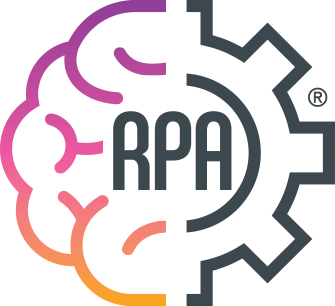

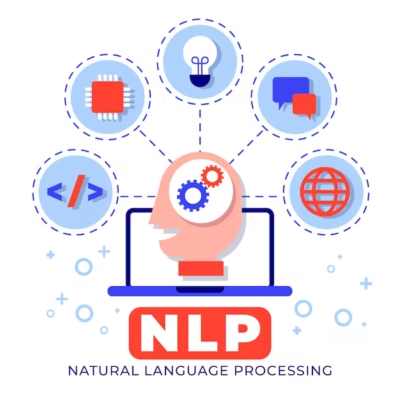









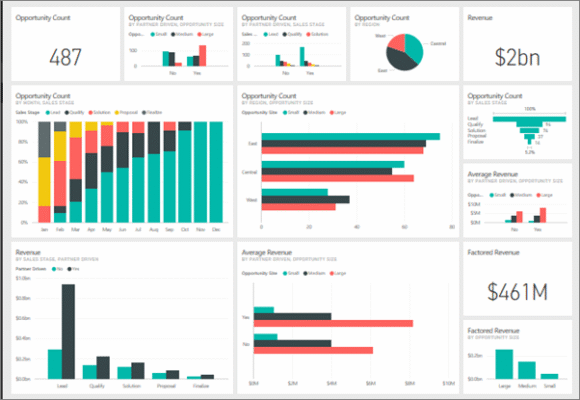
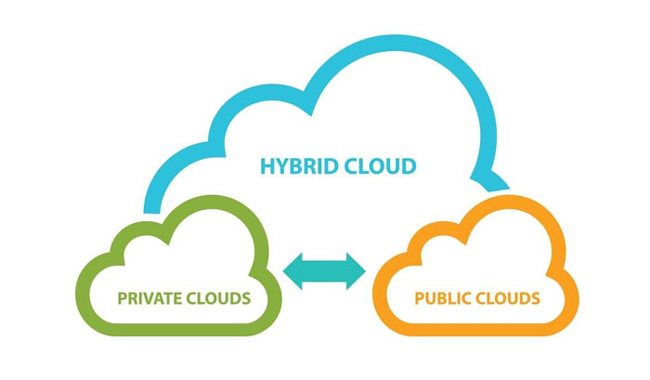






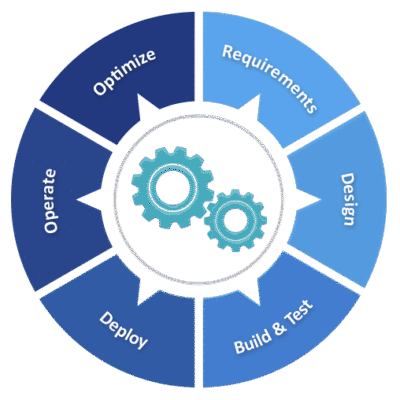

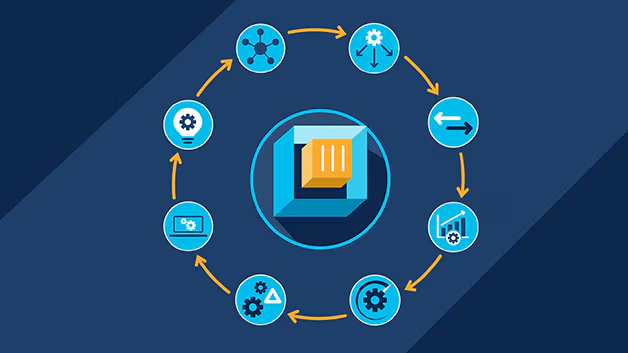
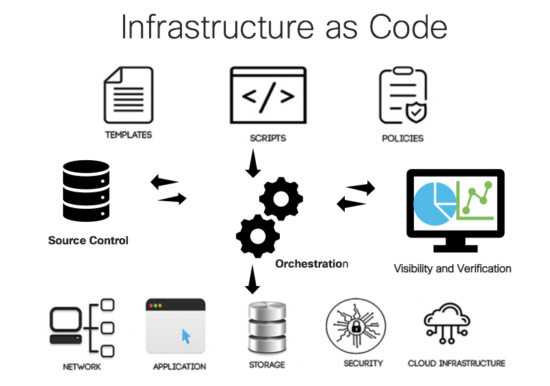
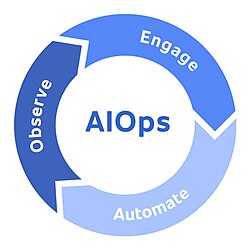



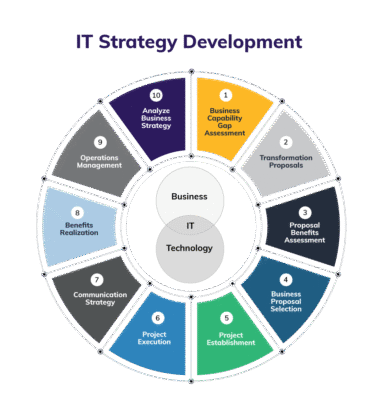



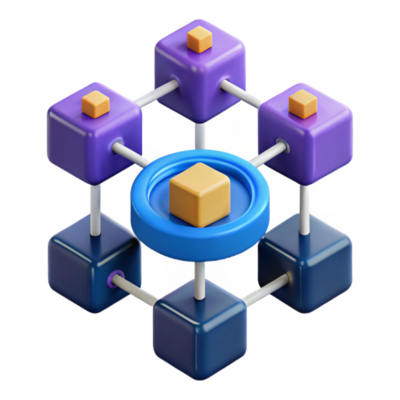




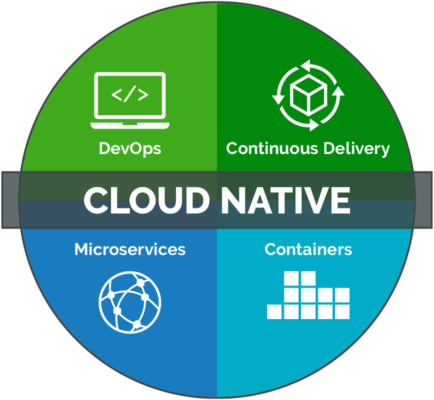







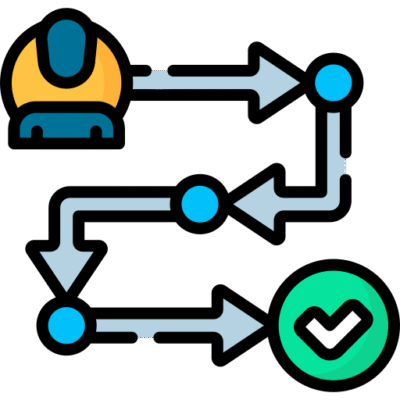



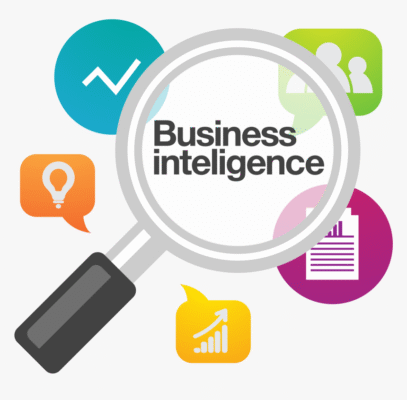
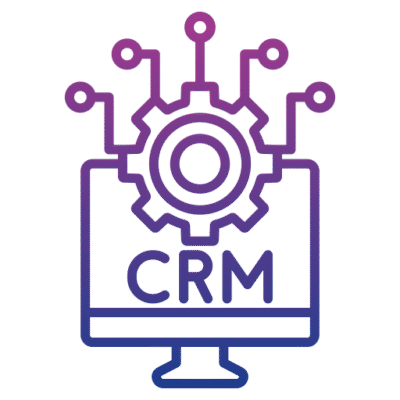

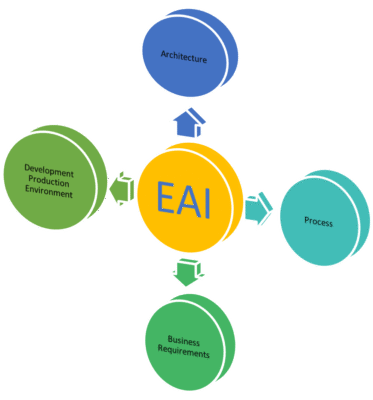
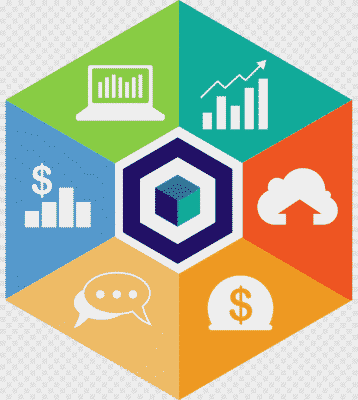
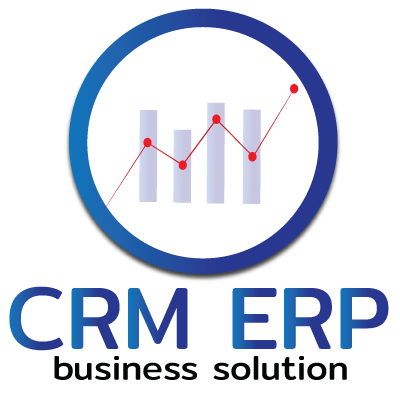
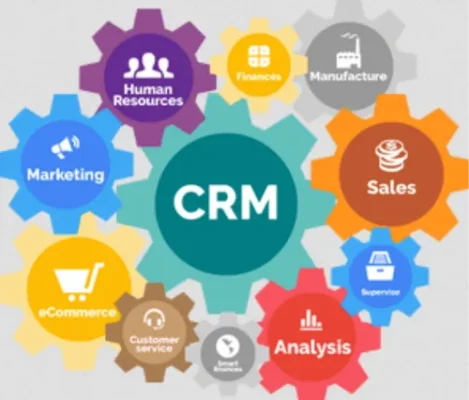
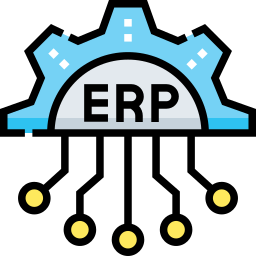


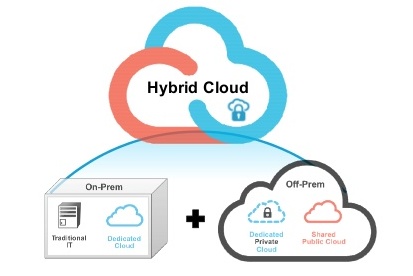

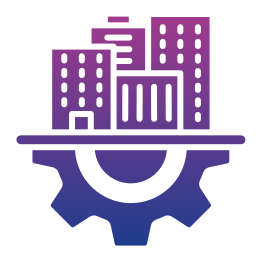

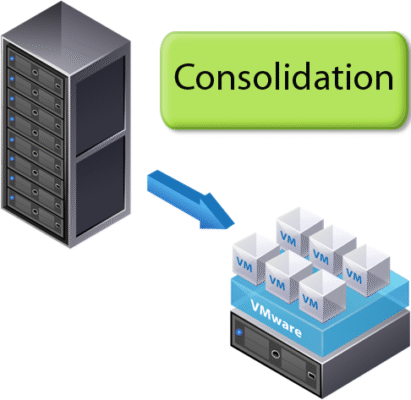





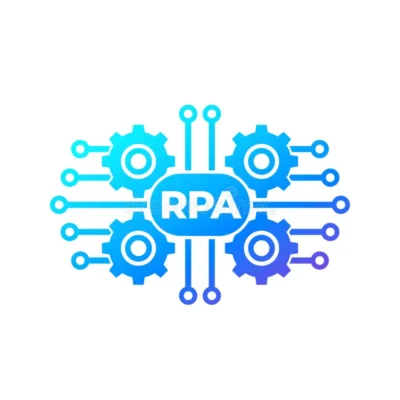
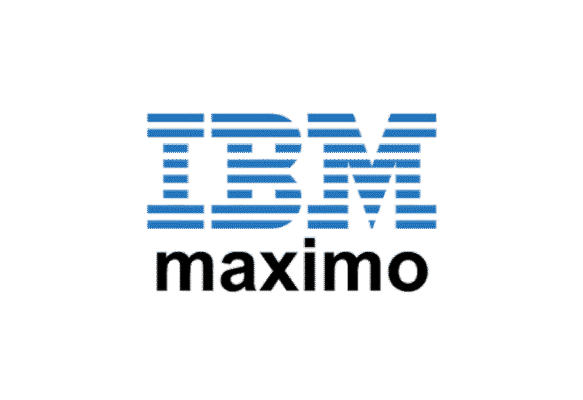


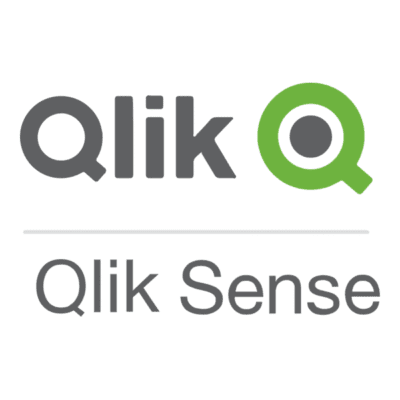
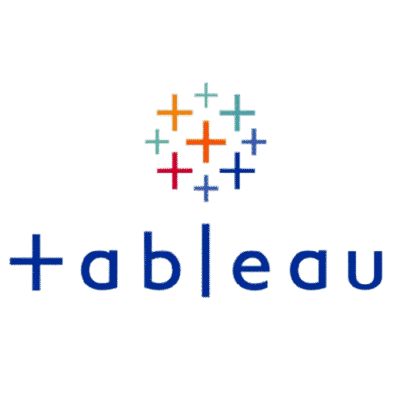
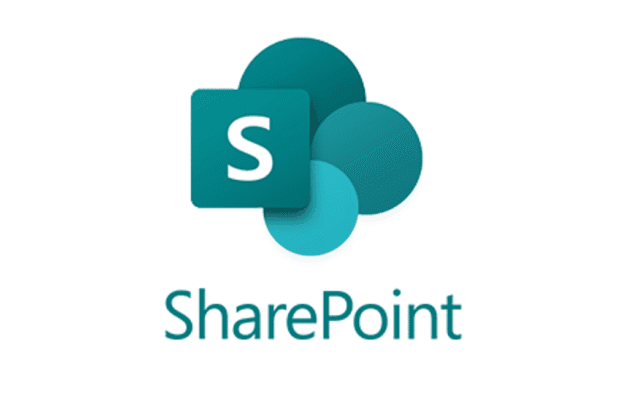




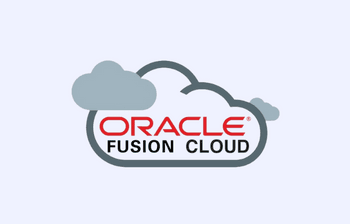
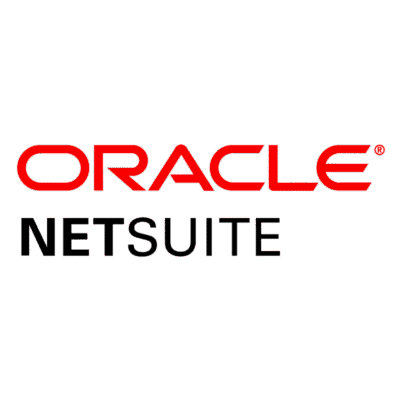












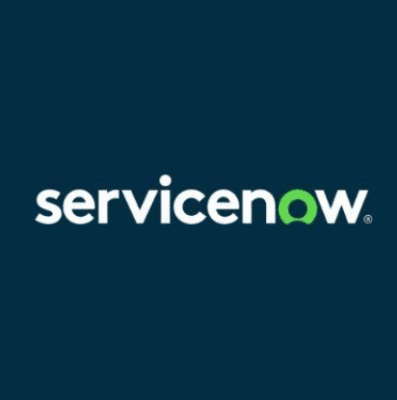
Thanks for reading! Stay curious, keep exploring.